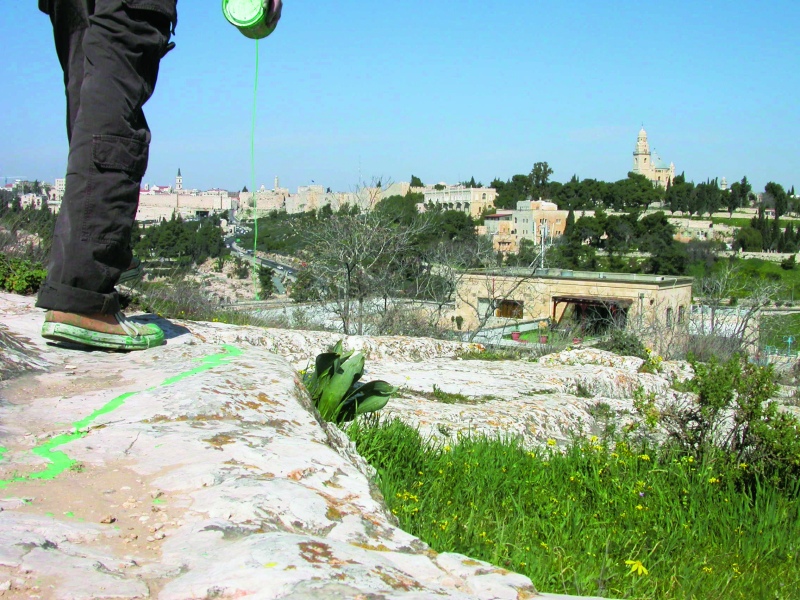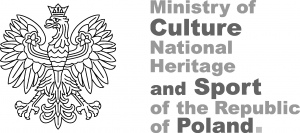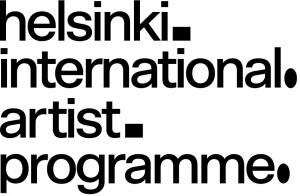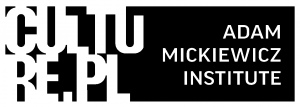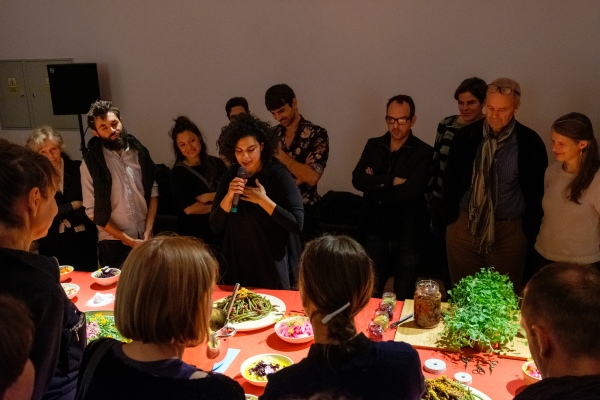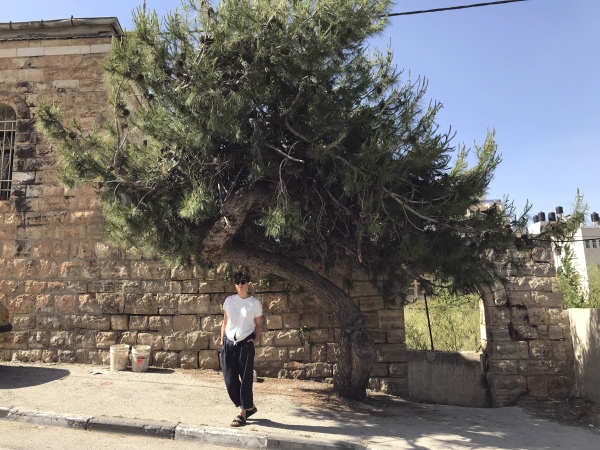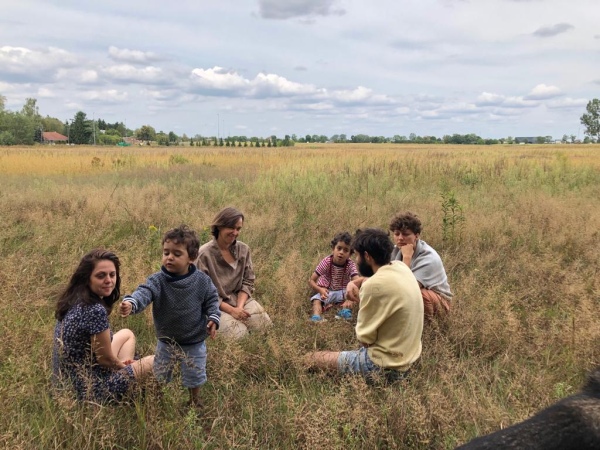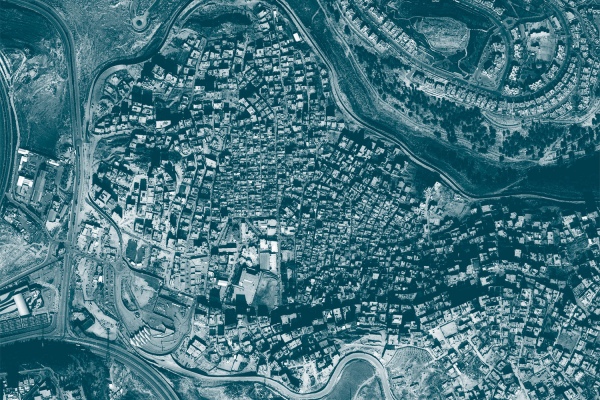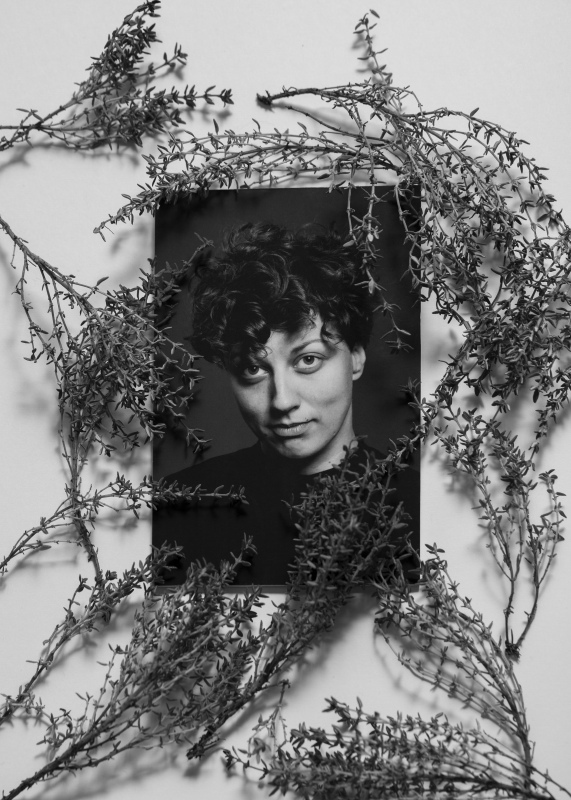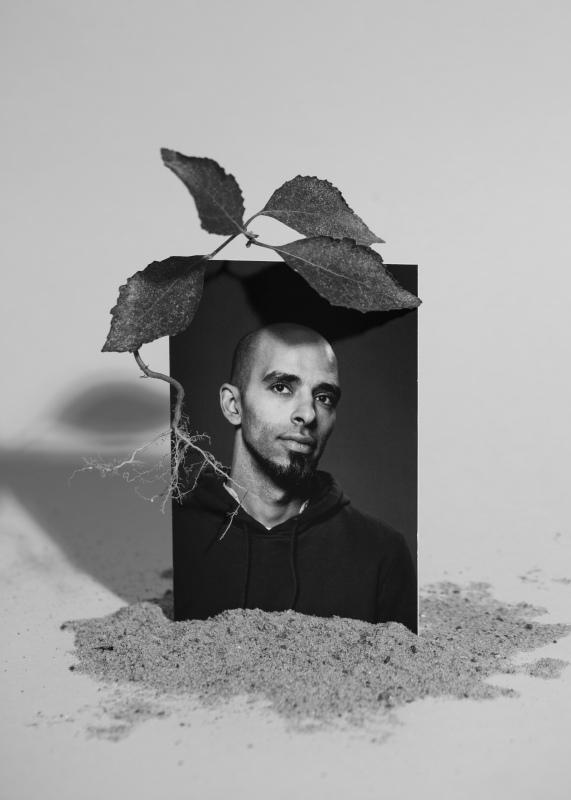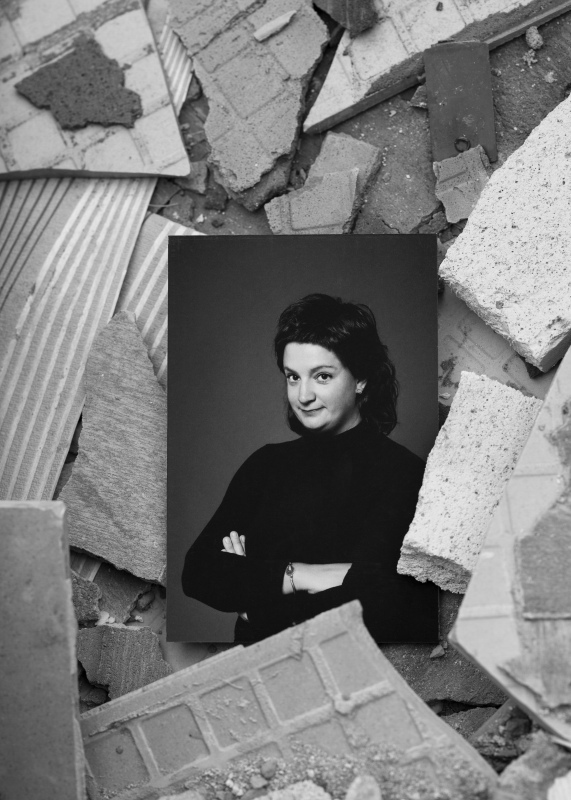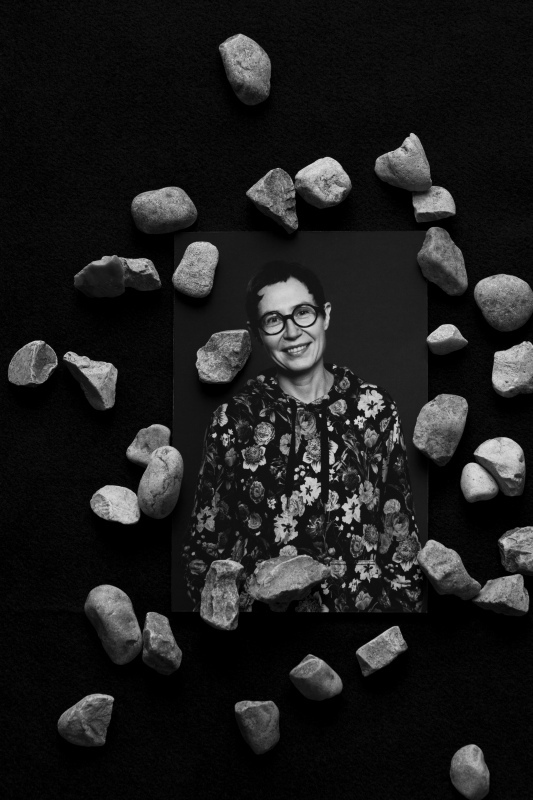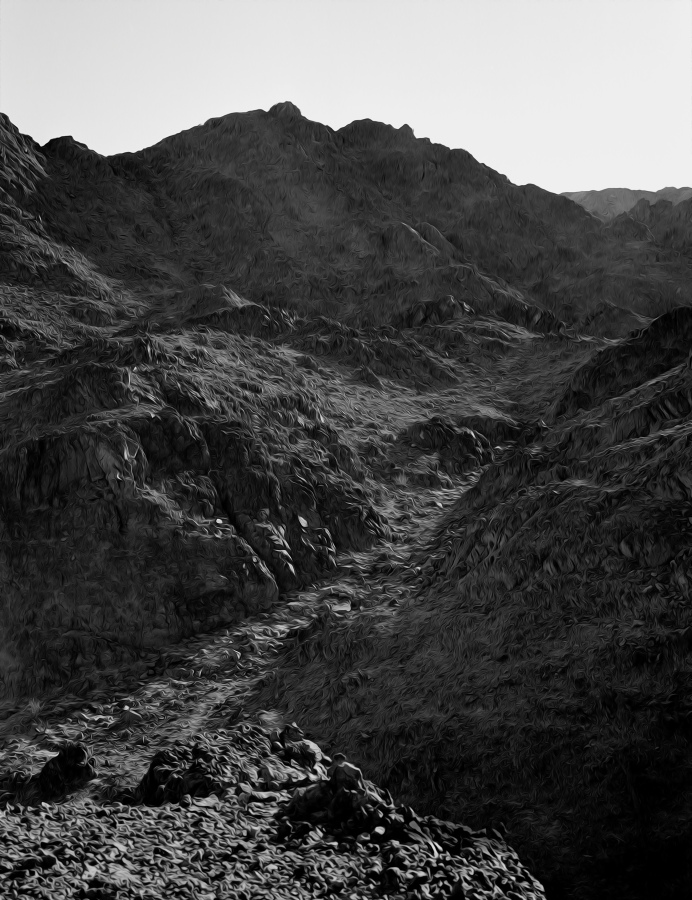Everyday Forms of Resistance
Everyday Forms of Resistance is a project scheduled for several years which investigates in its broadest sense the role of art within society and the daily use of forms of resistance, in Palestine, as well as worldwide. How do we, as civilians, deal on a daily basis with the challenges of these times? What are the everyday gestures that allow us to resist, but also how does art come into play?
At present, in Palestine most of the towns are located inside the genuinely autonomous so-called Zone A. Besides, significant areas within the West Bank and the Gaza Strip are either crossed-through or surrounded by illegally established Israeli settlements. Israel also entirely controls electricity and water supplies for Palestine. Both Jerusalem, still the state’s official capital, the isolated Gaza Strip, and most of the rural Palestinian areas are administratively, politically and economically dependent on Israel. Following the events which took place back in the 20th century, for many residents of Palestine the basic civil right of having a nationality-assigned passport with the resulting right to travel became a privilege. At the same time – due to limited availability of land, its astronomical prices and overcomplicated administrative regulations – farming is now something for the selected few. Because of all that, in Palestine any gesture, not only an artistic one, has a political meaning. Be it weekly collective cooking in the highlands, seeding edible plants on slices of soil inside refugee camps, or even collecting fossils: all such activities are meant to give people's lives a sense of purpose and a normal rhythm. When talking with Palestinians about even the most trivial everyday things we will hear about nakbah (occupation), hijrah (migration) and muqawamah (struggle). The Palestinian everyday-life dictionary, however, turns out to be about much more: it is full of positive words and notions. In it, we will for example find an entry such as oneh (collectivity). It is a term describing the olden-days rituals of collective work. Mujawarah, on the other hand, means collective life where relationships are based not on the idea of reciprocity, but follow David Graebeber's definition of communism, i.e. of people treating each other according to the rule of: “everyone contributing what they can, and everyone getting what they need”. Among other often used terms we will find madhafah (hospitality), holom (dream), as well as numerous names for ways and times of meeting and getting together with people: lammeh, jom’aa, qa’deh. By carrying out the long-term project Everyday Forms of Resistance we would like to familiarise the Polish audience with important aspects of the Palestinian “here and now”. We want to try and answer the question about the significance that subjects connected to Palestinian people's tradition and ethos (e.g. travel, hospitality, nature) acquire in this kind of context.
One of the first undertakings within Everyday Forms of Resistance were individual artistic residencies revolving around the question of whether it is possible, through artistic intervention, to translate social tensions into narratives that, in turn, will shape the imaginary landscapes of places? (Francis Alÿs, The Green Line, 2004). Spring and autumn of 2019 saw several artists, singled-out via an open-call, going on their respective three-month residencies in Ramallah, Antwerp, Helsinki and Warsaw: Ahmed Alaqra (Palestine), Jumana Emil Abboud (Palestine), Mirna Bamieh (Palestine), Wim Catrysse (Belgium), Karolina Grzywnowicz (Poland), Timo Tuhkanen (Finland). In 2020, Palestinian artist Noor Abed will spend three months on artistic residency in Warsaw and a Polish artist Krystyna Jędrzejewska-Szmek will be on a residency in Ramallah. Moreover, 2018’s artists-in-residence in Ramallah from Poland Joanna Rajkowska and Jaśmina Wójcik as well as their Palestinian collaborator and fellow artist Mohammad Saleh have been invited to participate in the continuation of the project. The exchange programme formula is meant to encourage artists to engage in dialogue inside their own surroundings and to communicate with audiences. In October 2019, an assembly of artsists and cultural workers form Palestine took place at the Ujazdowski Castle Centre for Contemporary Art. The project will be summed up with an exhibition scheduled to be open in 2021.
The project is the result of the cooperation between the Ujazdowski Castle Centre for Contemporary Art (Warsaw), the Ramallah Municipality, AIR Antwerpen and the Helsinki International Artist Program (HIAP).
- Curator
- Ika Sienkiewicz-Nowacka
Everyday Forms of Resistance. Film: Marta Wódz
